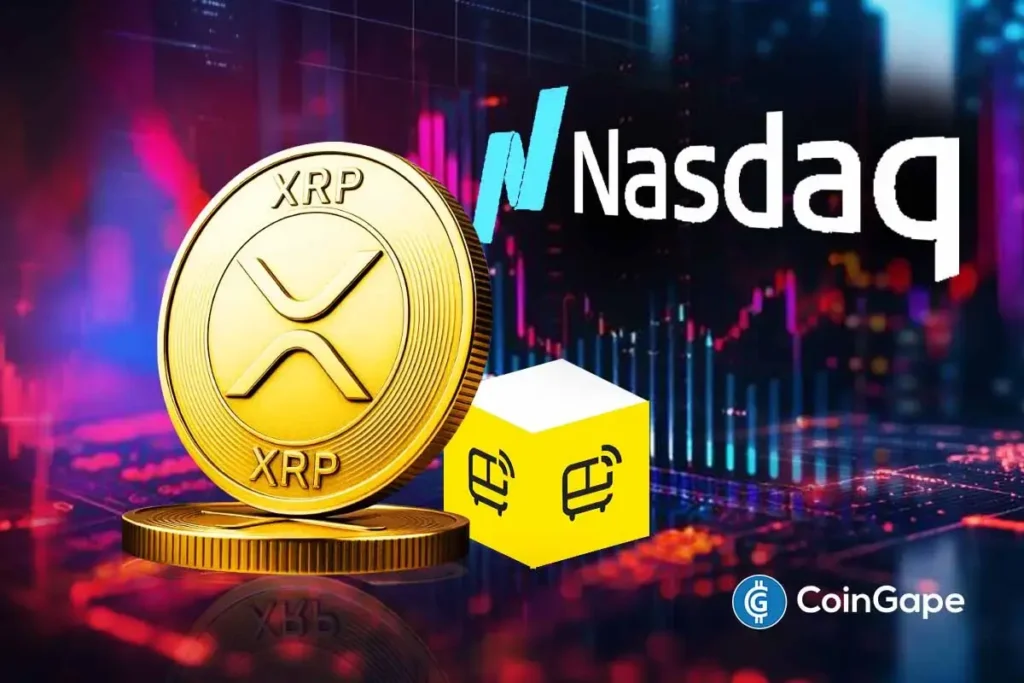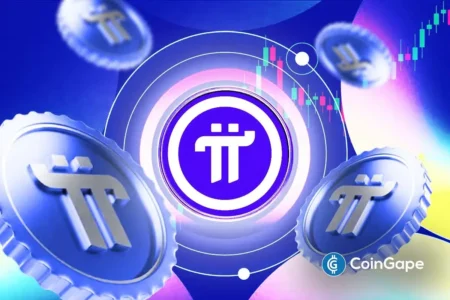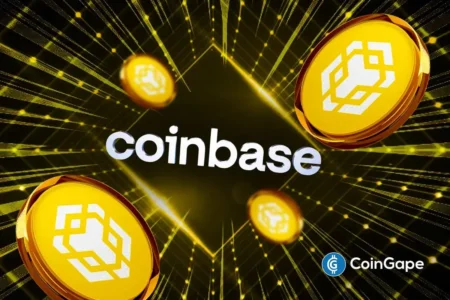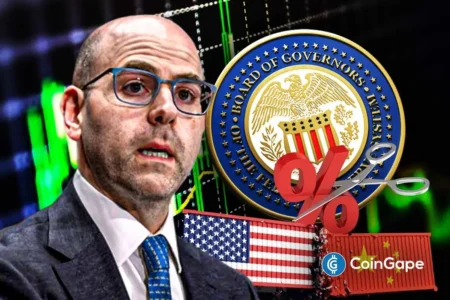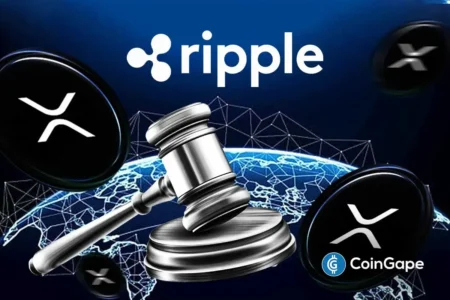Webus Integrates XRP for Innovative Travel Rewards Exchange
In a game-changing move in the loyalty market, Nasdaq-listed Webus International has announced plans to launch a tokenized travel rewards exchange that will utilize XRP stablecoin for settlements. This bold initiative targets the booming $20 billion loyalty industry, signaling a new era for both travel rewards and digital asset utilization.
A Blockchain-Driven Loyalty Platform
Webus aims to create a blockchain-centric loyalty exchange platform where travelers can seamlessly redeem and convert loyalty points across airlines, hotels, and transportation networks. The integration of XRP settlement is designed to streamline cross-border transactions, increasing liquidity and enhancing transparency. As cryptocurrency continues gaining traction, Webus is positioning itself at the forefront of this technological shift in the loyalty sector.
According to Webus CEO Nan Zheng, the intent behind this project is clear: "Our mission is to unlock real liquidity in the loyalty market. By using XRP settlement, we can make reward redemptions instant, borderless, and cost-efficient." The ambitious plan reflects the growing trend among businesses seeking to bolster their operations through blockchain technology.
Regulatory Filing and Phased Rollout
Webus recently submitted filings to the SEC, indicating its commitment to establishing a compliant tokenized travel rewards exchange. The rollout of this platform will occur in phases, pending necessary regulatory approvals. Initial pilot programs are being conducted in North America and Asia, with aspirations for global adoption once the service gains traction. By interlinking various loyalty systems into a single, interoperable network, Webus hopes to reshape the way consumers engage with rewards.
This announcement follows Webus’s previous SEC filings in collaboration with Samara Alpha Management LLC, which aims to manage a treasury of up to $300 million in Ripple tokens. As organizations steadily integrate XRP into their financial strategies, the cryptocurrency’s treasury base has now surpassed $11.5 billion, highlighting its growing importance in corporate finance.
Ripple’s Expanding Ecosystem and Institutional Interest
The integration of XRP into Webus’s platform closely aligns with the broader trends seen within Ripple’s ecosystem. Recent developments, such as the launch of the Multi-Purpose Token (MPT) standard, exemplify how Ripple is broadening its scope. This new protocol simplifies the tokenization of real-world assets while ensuring compliance via KYC and AML controls, further cementing XRP’s role in institutional decentralized finance (DeFi).
The XRPL (XRP Ledger) is already experiencing a surge in activity, processing over $1 billion in stablecoin transactions each month. This positions XRP as one of the top blockchains for tokenizing real-world assets, which is attracting more institutional interest. In fact, even during market downturns, XRP saw approximately $61.6 million in investments over just 18 weeks, underscoring its resilience and appeal to investors.
Innovations Through Tokenization
Webus’s initiative is part of a broader industry shift towards tokenization, particularly in loyalty programs. The potential for cryptocurrencies to enhance reward systems is substantial—allowing real-time, low-cost transactions across borders. By utilizing XRP, Webus aims to create a robust framework where travelers can convert and redeem points without the limitations of traditional reward systems.
This pioneering approach not only aims to attract travelers but also positions Webus as a leader in the lucrative loyalty space. As consumer behavior shifts towards more technology-driven solutions, the successful integration of digital currencies into loyalty programs could lead to unprecedented growth opportunities for businesses.
The Future of Loyalty Programs
The logical marriage of blockchain technology and travel rewards points promises a future where consumers can maximize the value of their loyalty assets. As Webus prepares for its phased rollout, the travel industry and its consumers eagerly anticipate how this innovation will redefine reward redemption. With strong regulatory backing and a focus on seamless user experience, Webus could revolutionize how travelers view and use their loyalty programs.
In conclusion, Webus’s innovative strategy to use XRP settlement in a tokenized travel rewards exchange positions the company at the forefront of a $20 billion market. The implications of this move extend beyond travel, potentially reshaping the loyalty industry as a whole. As more businesses embrace blockchain solutions, the evolution of loyalty programs may move towards a more interconnected, cost-efficient, and user-friendly future.


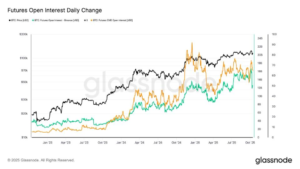
![Plasma [XPL] Soars 21% Following DeFi Partnerships, but THIS Factor Could Halt Its Momentum!](https://cryptonewsinsiders.com/wp-content/uploads/2025/10/Lennox-1-4-1000x600-300x180.png)



